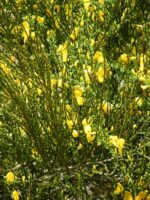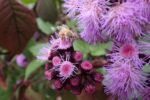DairyNZ pleased to see funding for flood-affected farmers
Dairy industry body DairyNZ is reassured to see additional funding delivered today for flood-affected farmers in Canterbury. DairyNZ has been part of the cross-sector effort, including Federated Farmers and others, to assess the seriousness of the flood impact and understands its scale and impact on individual farmers. DairyNZ chief executive Dr Tim Mackle said the $4m government funding will certainly deliver greater support for farmers who’ve been significantly impacted by this month’s flood event. “Farmers in Canterbury have had a huge job on their hands cleaning up after the floods earlier this month – many have had paddocks and infrastructure with significant flood damage,” said Dr Mackle. “This has left farmers with parts of their farm businesses unable to function or with huge, manual and costly work to be done to clean up and get back to productive capacity. “Additional funding to support the clean-up is very welcome and we encourage farmers to seek it out. We value the government’s assistance to the sector.” In Canterbury, dairy farming delivers around $1.9b to the local economy and the sector employs around 17,000 people regionally. Feed continues to be the most significant issue for most farmers, as they consider how to get through winter well. “We do know feed is in short supply, but there have been offers to help fill the gap from other regions.” DairyNZ hopes government will continue to monitor the situation to ensure those communities continue to be appropriately supported. MPI has a Feed Coordination and Feed Planning Service for farmers, ph 0800 327 646. Additional flood recovery information is available online at www.dairynz.co.nz










